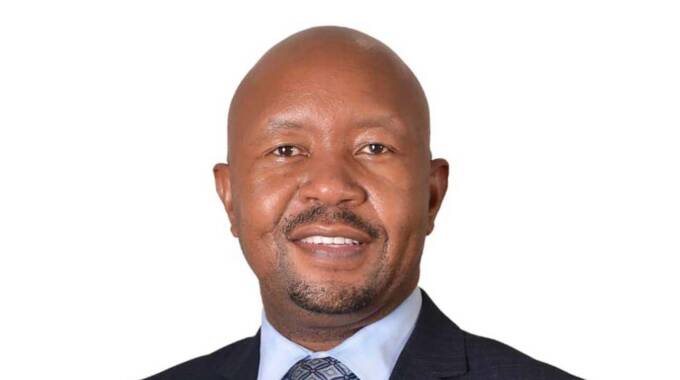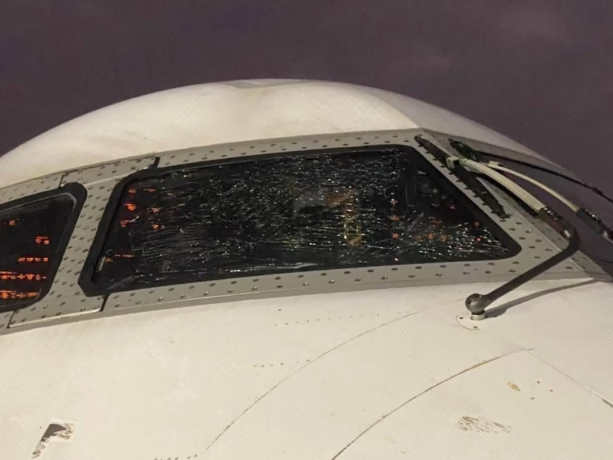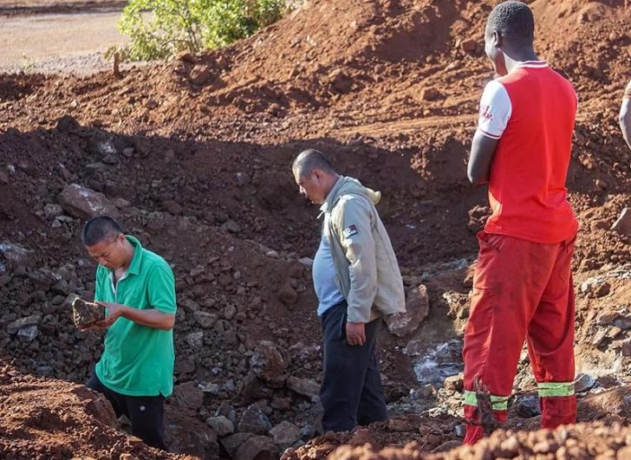
Half of the boreholes in Harare’s western and northern districts are contaminated with human waste and could be potentially unsafe sources of drinking water.
Water samples from boreholes in these areas, heavily relied upon by residents due to erratic municipal water supply, showed traces of sewer and E. coli bacteria, capable of causing water-borne diseases like typhoid and cholera.
The discovery comes at a time when Harare was grappling with a raging cholera outbreak directly linked to water shortages.
Harare City Council is presently supplying around 300 megalitres of potable water a day to the city against a demand of 1 200 megalitres.
This shortfall forces residents to turn to alternative sources, including boreholes, for their daily water needs.
The presence of E. coli in the water samples indicates potential faecal contamination of the boreholes, raising serious concerns about health risks associated with consuming borehole water.
City of Harare epidemiology and disease control officer, Dr Michael Vere, confirmed the development.
“As Harare City Council, we routinely do water quality monitoring in targeted areas where there will be cases of cholera and typhoid,” he said.
“Through our monitoring programme, we have found out that 50 percent of boreholes in the western and northern districts are contaminated with sewer and human waste.”
Harare’s western district covers suburbs such as Highfield, Glen Norah, Glen View, Mbare, Dzivaresekwa, Budiriro, Kuwadzana and Kambuzuma.
The northern district covers Borrowdale, Glen Lorne, Glenwood Park, Newlands, Mabelreign, Highlands, Mabvuku, Tafara, Hatcliffe and Waterfalls. Dr Vere said council cannot decommission the contaminated boreholes because of water shortages affecting the city.
Instead, he said authorities were installing inline chlorinators on some of the boreholes to ensure the water was fit for human consumption.
“Harare and surrounding areas like Chitungwiza need about 1 200 megalitres of water per day, but we are only able to produce 300 megalitres per day.
“We have, however, decommissioned a few boreholes but not all of them because of the water challenges we are having in Harare.”
Most potable water pipes in the city, he said, were laid in the 1960s and need to be replaced.
“We are also doing inline chlorination where we put chlorine in the boreholes so that the water gets chlorinated,” he added.
Health experts have attributed the increase of water-borne diseases in the capital to the council’s failure to repair and maintain its infrastructure.
As of January 9, Harare had recorded 6 143 suspected cases of cholera and 48 deaths from the water-borne disease.
In total, Zimbabwe has recorded 16 568 suspected cases of cholera since the outbreak of the disease last year.
Ministry of Health and Child Care Permanent Secretary Dr Aspect Maunganidze said: “As the Ministry of Health, we conduct regular water quality monitoring and testing.
“As of now, I don’t want to confirm anything because the results are not yet out.”
Medical and Dental Private Practitioners of Zimbabwe Association president Dr Johannes Marisa said there was need for a complete overhaul of Harare’s sewer pipes.
“All this culminates from dilapidated sanitation infrastructure which has outlived its lifespan.
“What is needed is the revamping of both the water and sewer systems as a long-term plan,” said Dr Marisa.
“Public health is under consequential attack and there is a high probability of increased morbidity and mortality from preventable diseases like cholera, typhoid, dysentery, and hepatitis A among other diseases.”
Harare Residents Trust executive director, Mr Precious Shumba, said underground water and sewer pipes in the old high-density residential areas are dilapidated.
“They are rusty, sand-blocked and leaking in most weak areas resulting in underground water being heavily polluted,” he said.
“The observations and findings of the City Health Department on the contamination of 50 percent of borehole water are on point.
“They reflect the real situation on the ground.”
He said underground water and sewer pipes in the most affected areas should be replaced without delay.
“The sizes of the pipes need to be upgraded to reflect the increase in population and the illegal settlements.
“Plugging the leakages and illegal connections along the water distribution network is the first step in increasing the amount of water reaching houses connected to the water supply system.”
Sunday Mail




